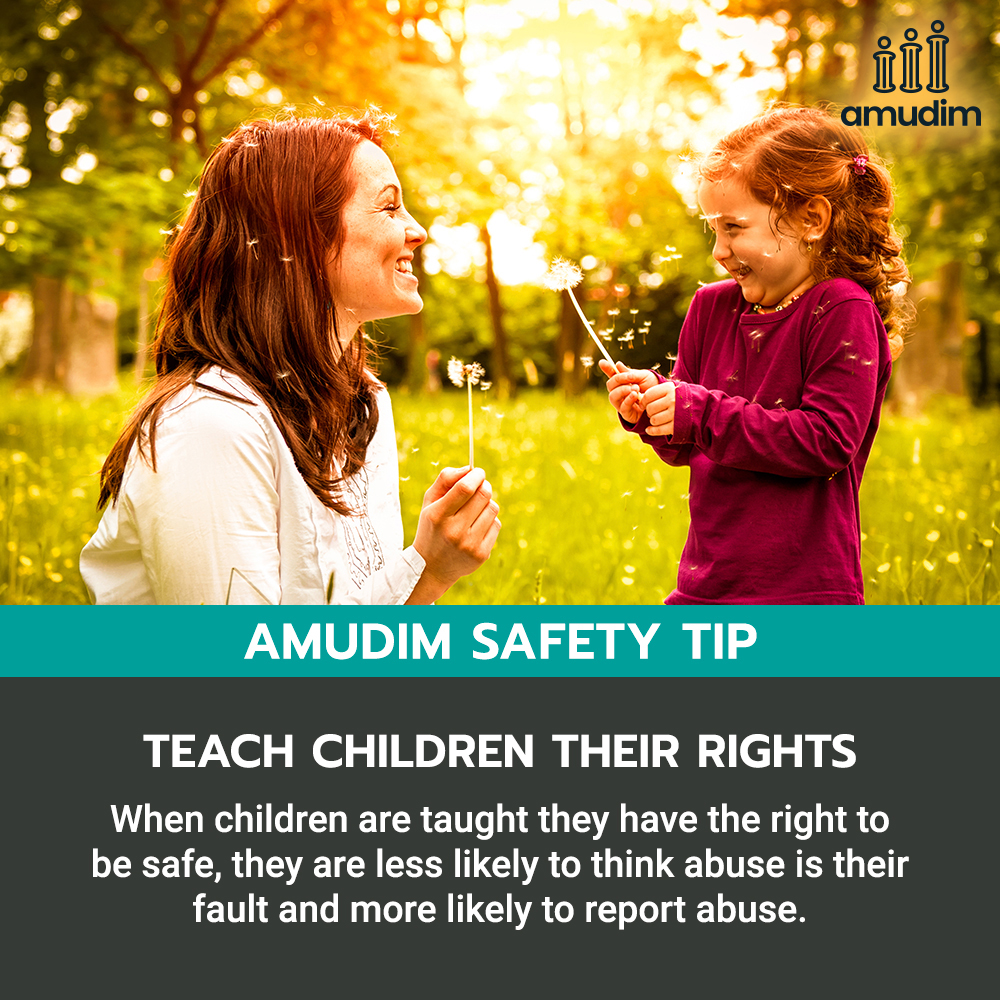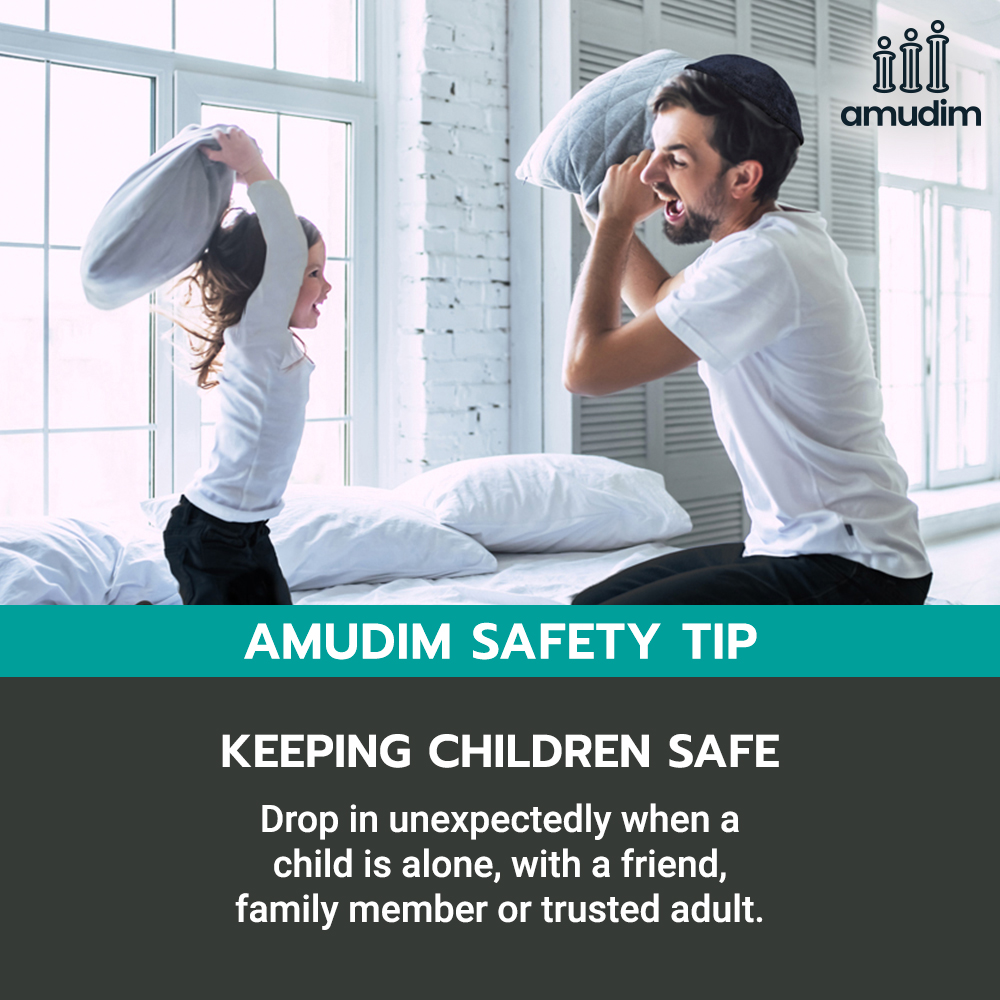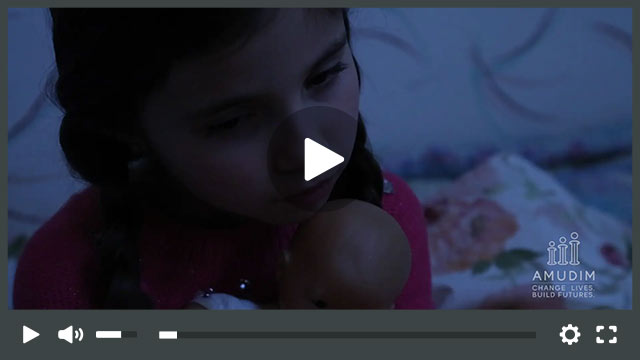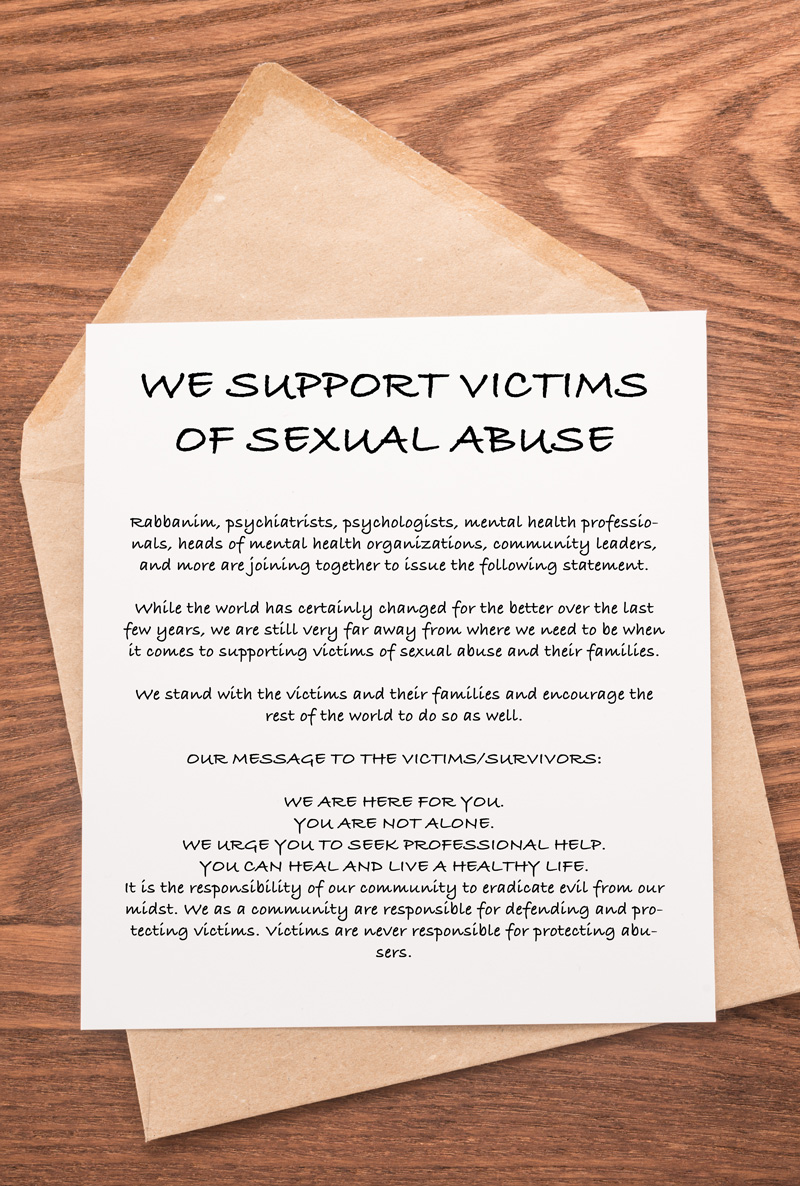Comprehensive Clinical Case Management
Understanding the particularly delicate nature of sexual abuse, our guiding principle is to treat victims and their families with care and compassion. Our knowledgeable and sensitive staff offer a wide range of assistance, maintaining the highest possible comfort level for victims and their families. Whether it is counseling, referrals to therapists, treatment programs, or guidance through the intricacies of the legal process, our driving mission is to help families stay together and teach them how to provide the practical and emotional support that victims need.










